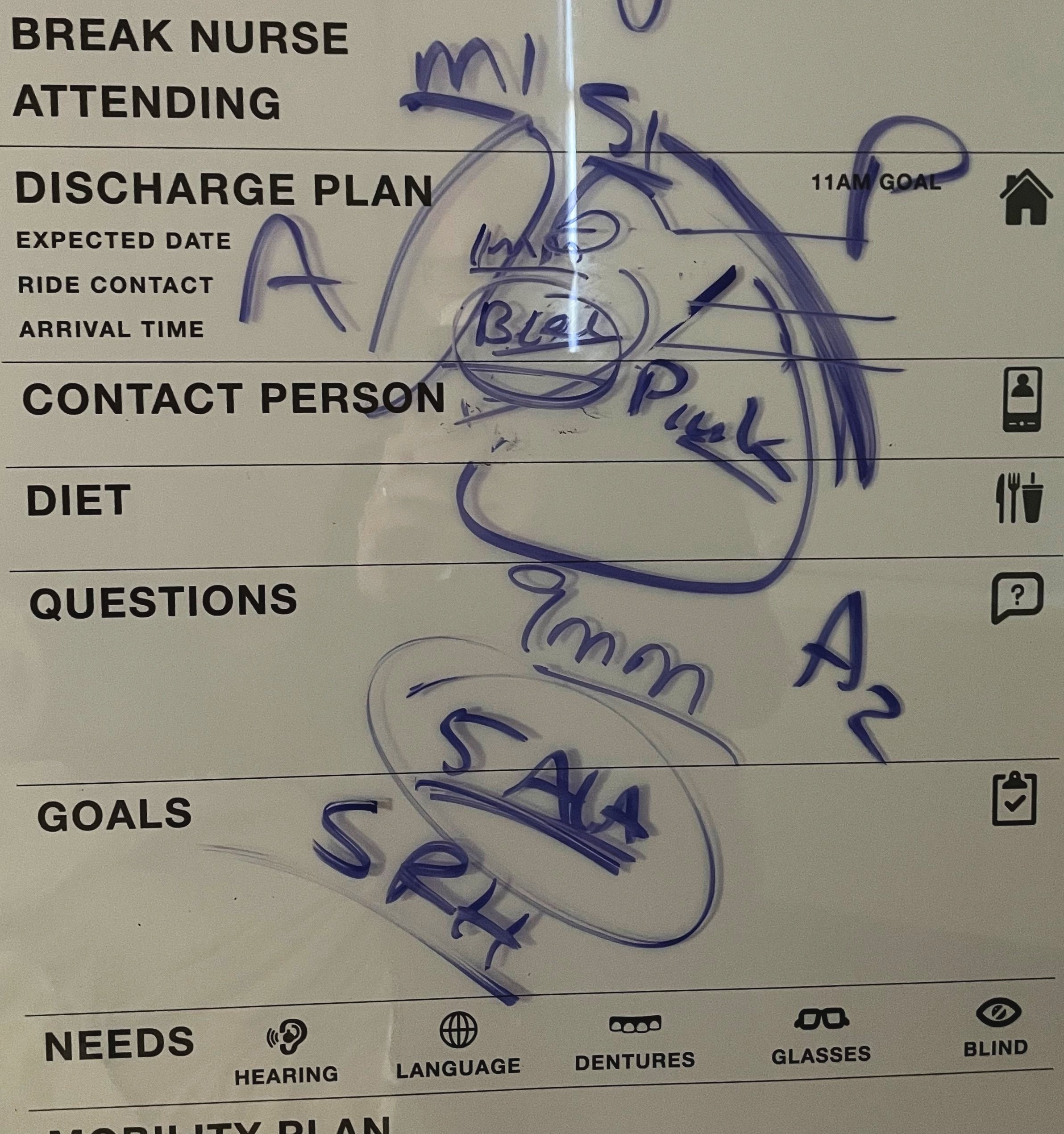
Patient & Researcher Blog
Here I aim to capture what I am learning as a newbie researcher from a patient perspective.
Living with a slow growing brain cancer
It is taboo for researchers to talk about their work before it is published.
I think that’s a bummer.
My favorite part about research is learning new things in real time. Here I share my observations as a learner and my n of 1 (personal) findings as a patient.
Note: I started blogging about brain cancer in 2008, at age 29.
I had no background or knowledge about healthcare when I began. Please excuse typos and other misconceptions. What you read here is me in real time, like a time capsule.
There are more than 500 posts here. Use this search to look for something specific. Good luck!
Pets and cancer
I no longer worry about getting cancer (HA!), however, I do want to improve my overall health--and maybe a cure lies within a lovable ball of fur.
To have a slow-growing brain tumor
"But really, aren't there cases when grade twos just stay a grade two forever?" I implied that with my youth, health and intelligence, someone as awesome as I must be spared from this injustice.
Talking about median survival time with friends
My friend's reaction reminded me that most people don't know the scope of my diagnosis. I think it is best to keep the details here, on this blog. It is a positive thing for people to be proud of their friend Liz, a "brain cancer survivor."
Use it or lose it: the no-exercise confession
The bad thing was that the odd sensation I get while exercising due to sensory loss from my last brain surgery was overly weird and disconcerting. That's right... the thing most out of shape was my body's response to brain damage.
Each moment is bittersweet
“Are you ever afraid that one day I will be dead and you wish you cuddled me more?”
Dreaming about my friend’s brain surgery
My friend Erin is having her second brain surgery on Wednesday and last night I had this dream.
Not dying from cancer: the ultimate imposter syndrome
My friends celebrate the end of my treatment like I'm some sort of badass. I feel like a fraud because I didn't really do anything. I was a participant in the process.
Transitioning from treatment to survivor “anxiety” is normal
If I listened to my own advice I'd know that this transition phase is going to suck, but I will never have to do it again.






